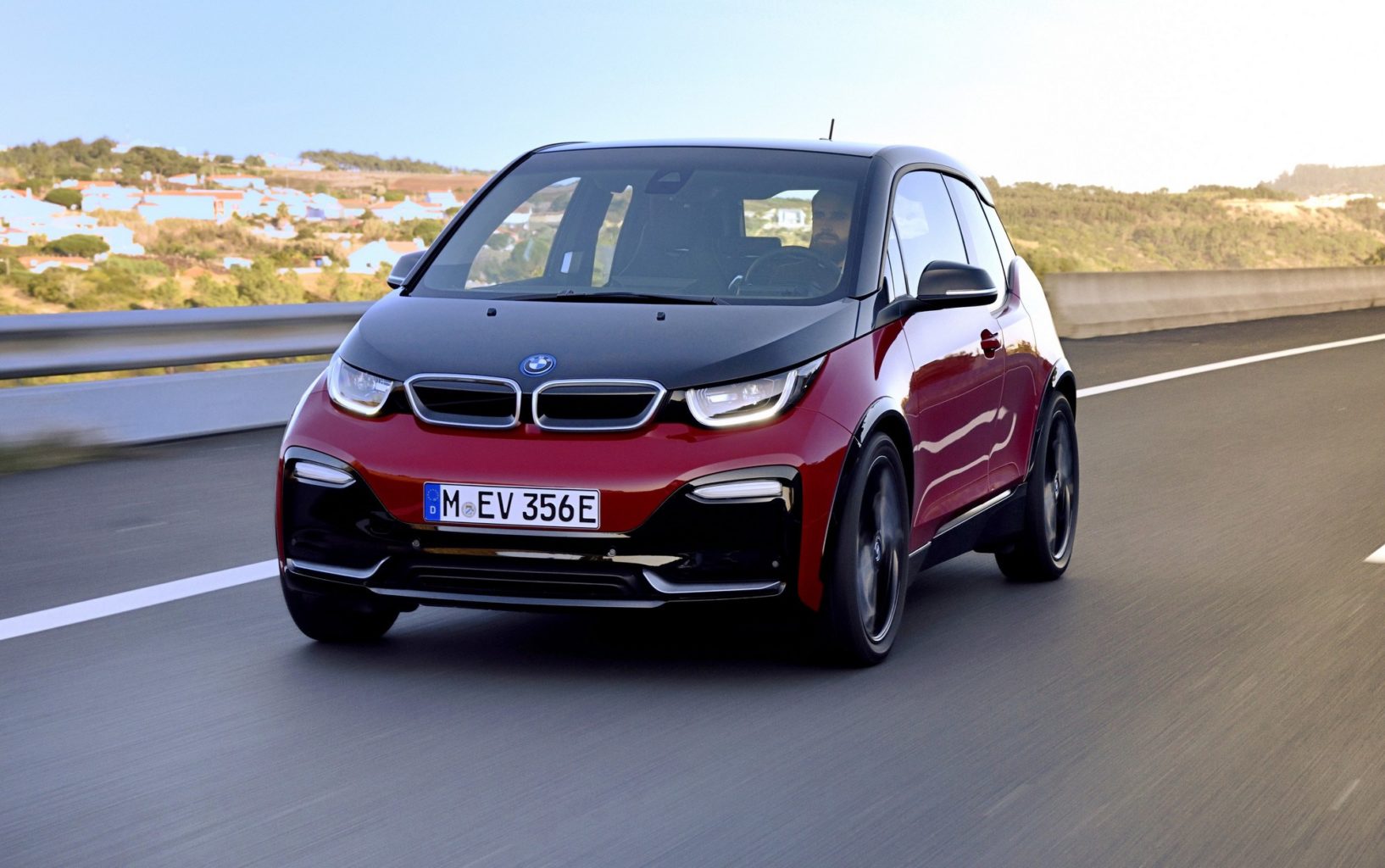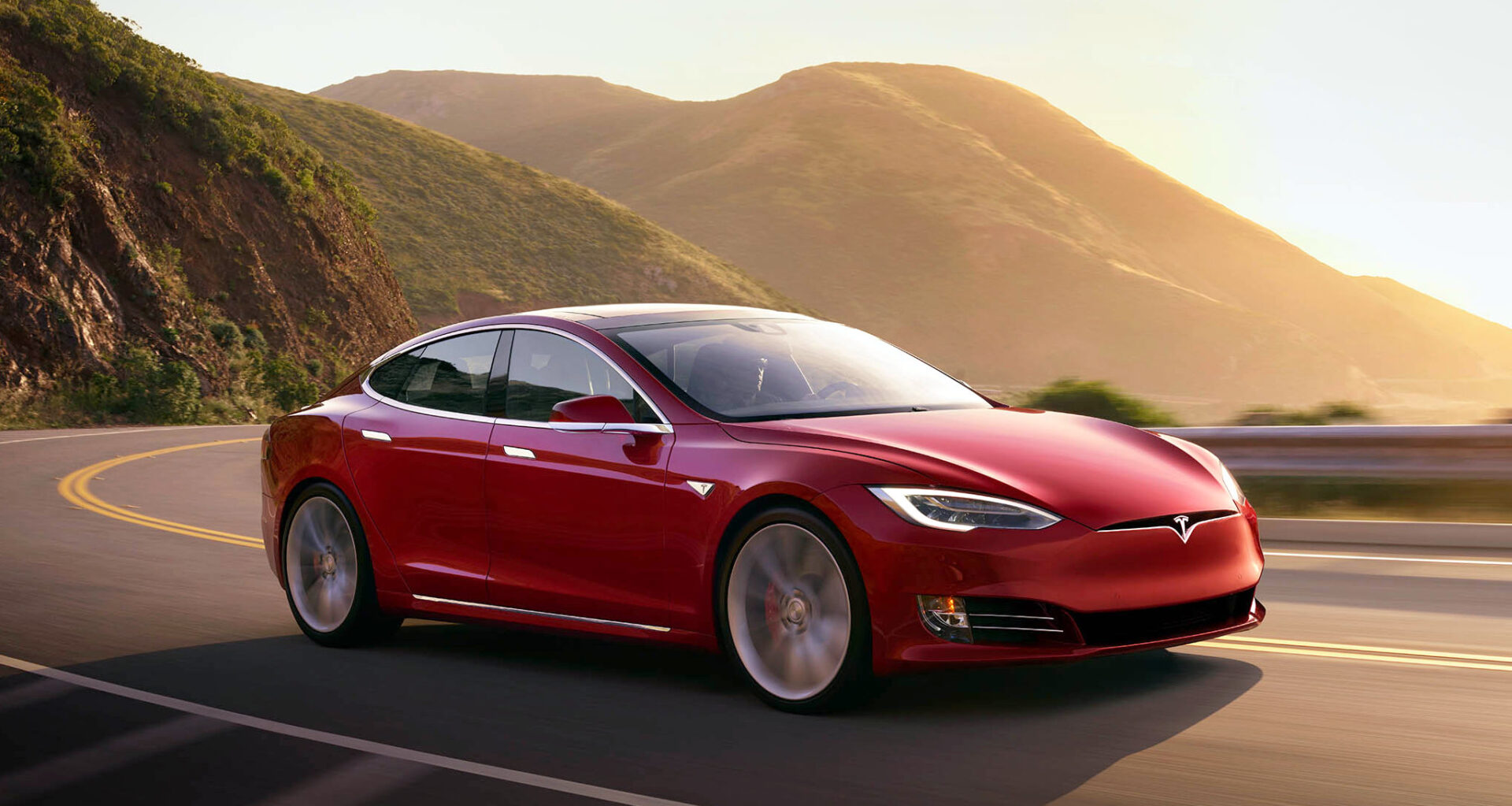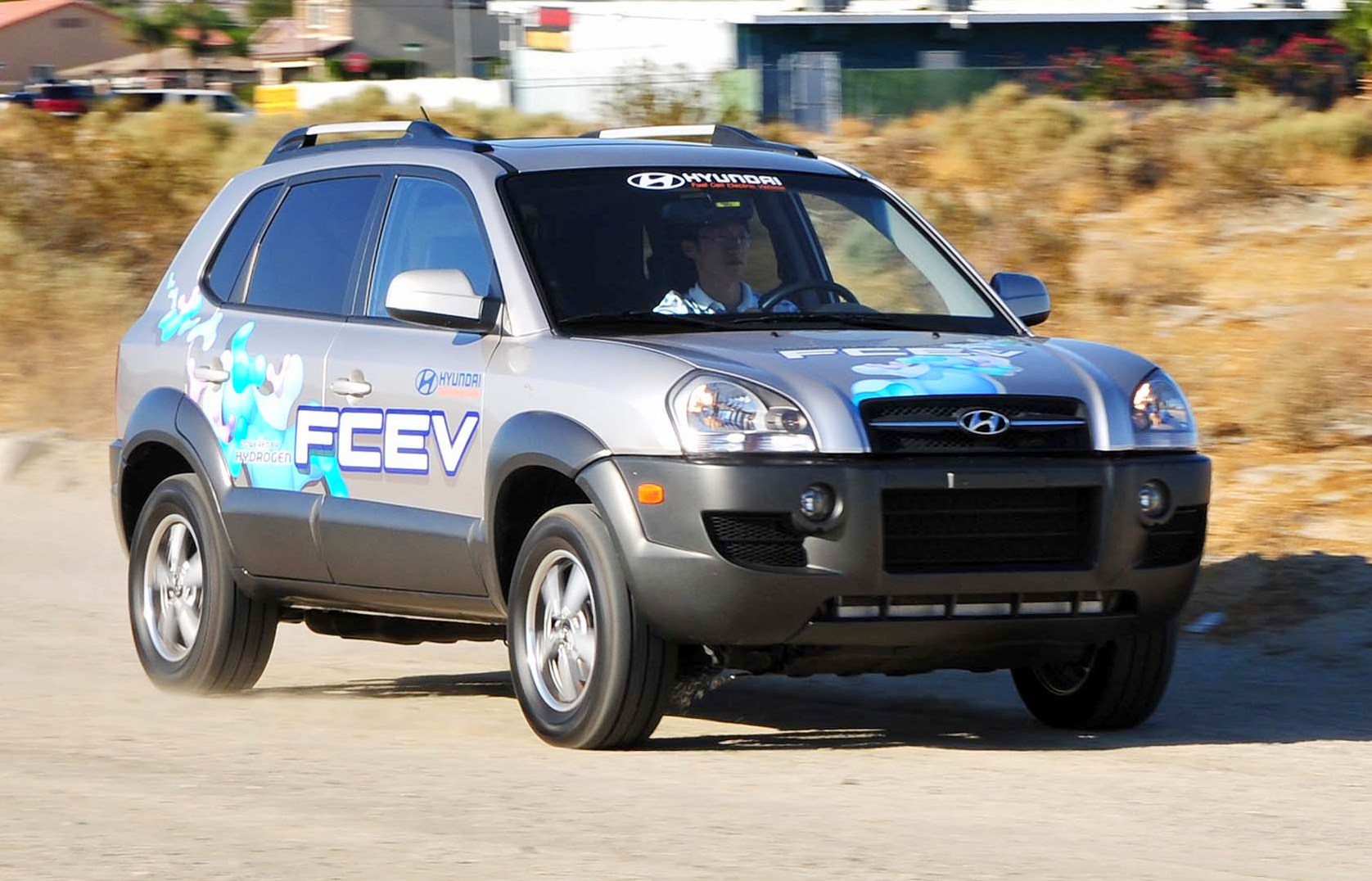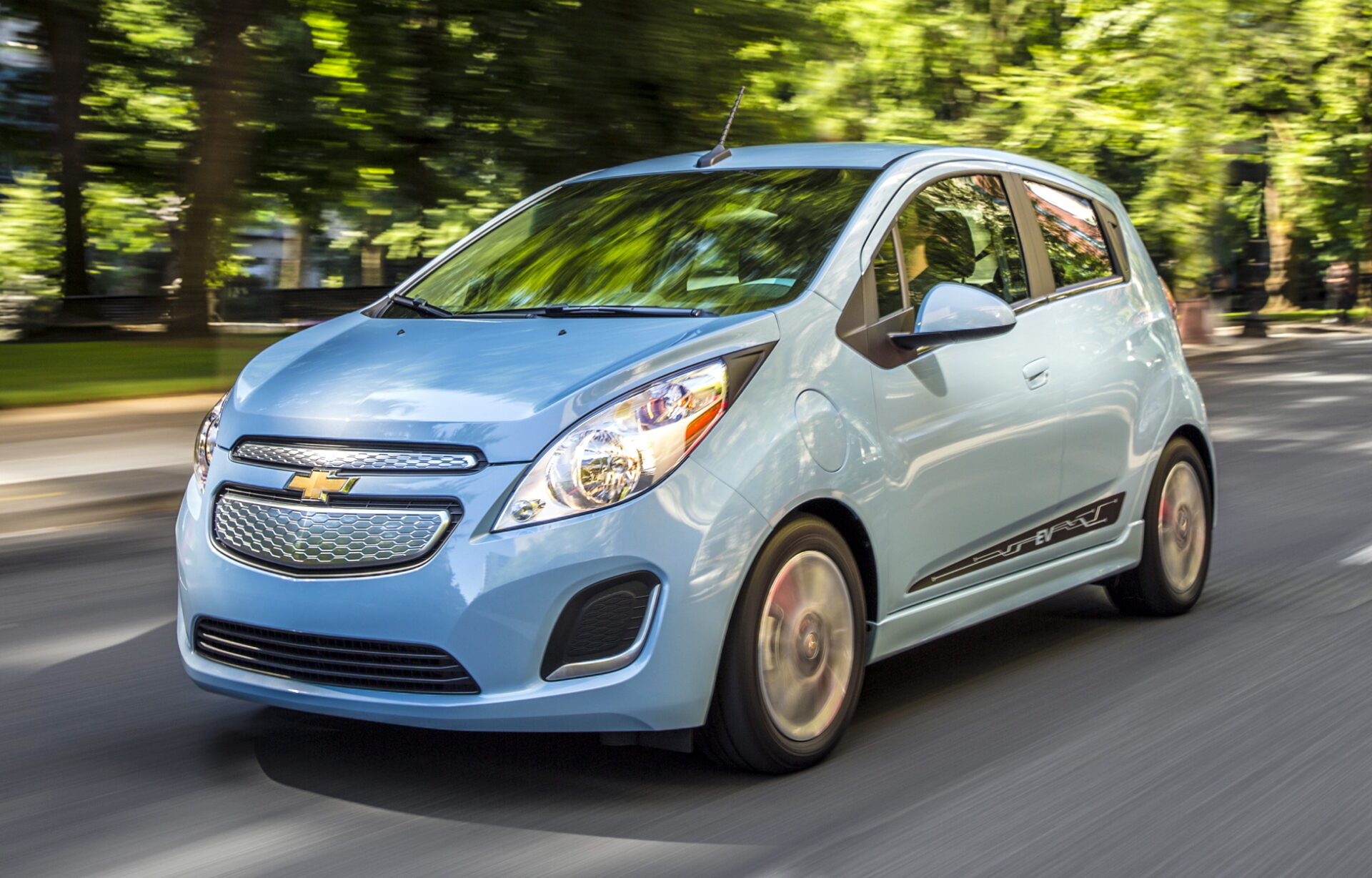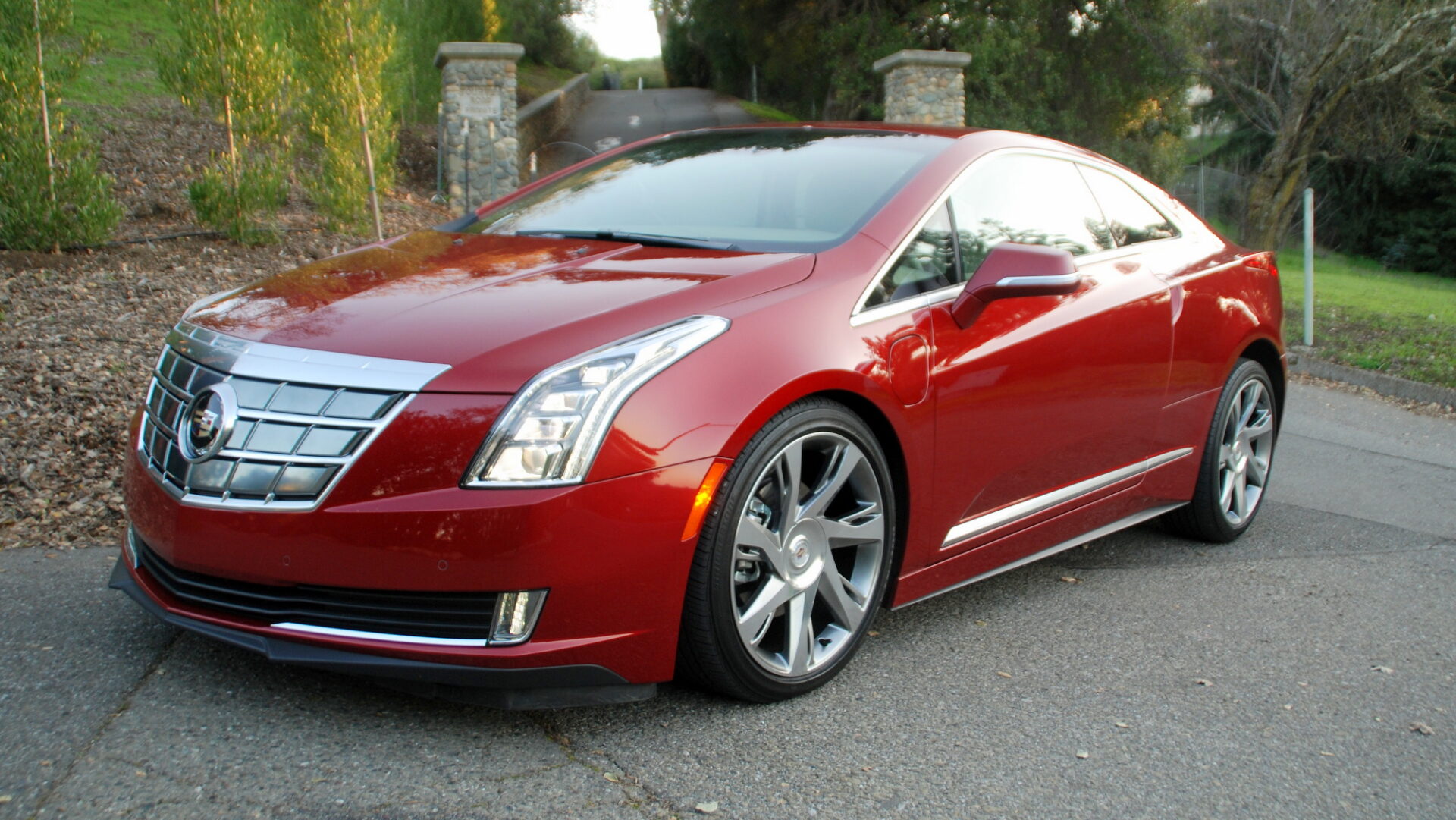Tesla has set out from the beginning to challenge everything in the auto industry. Tesla’s CEO Elon Musk characterizes himself as an outsider selling a an electric car the auto industry has said it couldn’t build or sell and he set up a network of dealers and chargers all owned by his company. The vertical integration might be something a founding titan like Henry Ford might have appreciated, but it has run into problems in 21st century automotive retail business world.
The issue is state-by-state franchise laws, which set up the conditions for the retail sale of automobiles. They have a long history, rooted in protection for local businesses against potential predatory practices by the deeper pockets of a factory-owned store. Consumer protections are also a part of the franchise system, in theory guaranteeing local recourse for any issue a consumer might have with a product that could have been produced on the other side of the globe.
Tesla argues that the model, like the auto industry itself, is dated and not reflective of new world of electric cars and online ordering. In addition, Tesla says as a start-up it poses little threat to larger, established dealerships and as a purveyor of online pure electric cars, it needs factory control to ensure the educational message about this new technology is fully transmitted.


